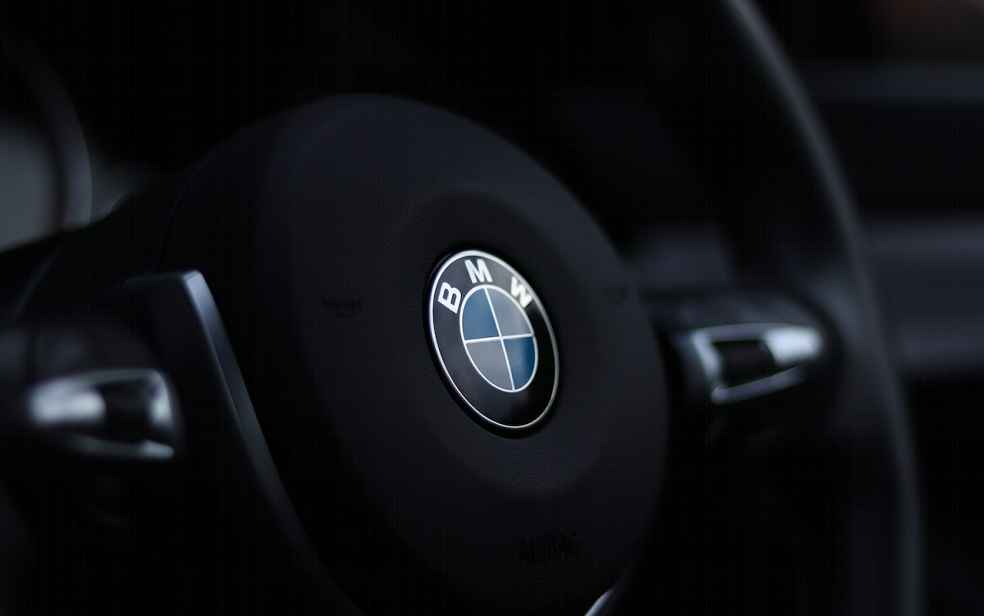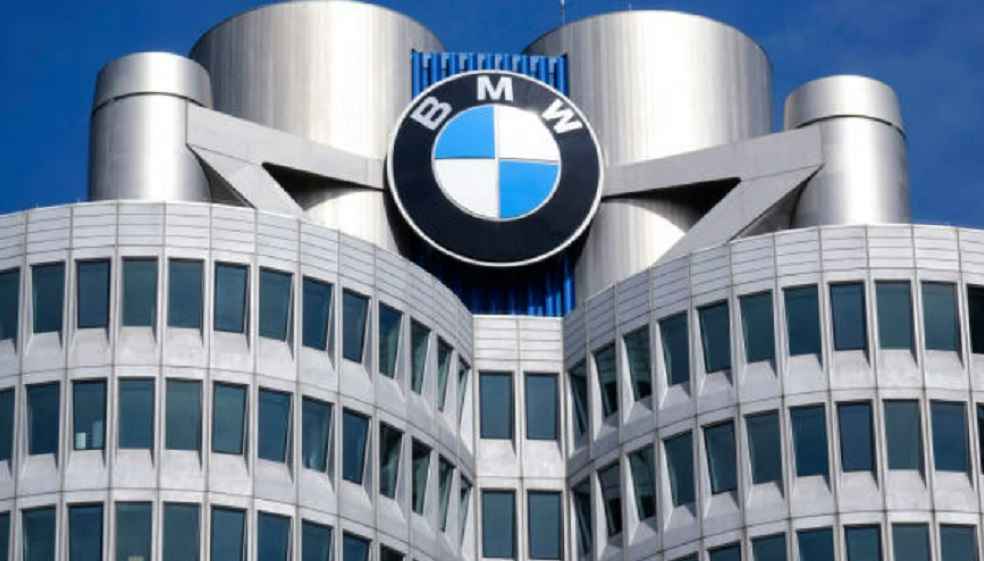South Carolina, US: The German automaker, Bayerische Motoren Werke AG (BMW) has revealed that it expects to invest $1.7 billion in its U.S. operations to develop electric vehicles and batteries.
The investment will consist of $700 million spent on a new high voltage battery assembly facility in the neighboring Woodruff and a $1 billion investment to equip the automaker’s current Spartanburg factory in South Carolina for the manufacturing of Electric Vehicles (EVs).

By 2030, the automaker plans to build at least six entirely electric vehicles in the United States. At the Spartanburg site, where the investment announcement was made, lithium-ion battery modules for BMW’s two plug in hybrid electric vehicles are now being produced alongside BMW “X” SUVs. Later this year, production of the new hybrid electric BMW XM is anticipated to start.
Sharing a bit about the future, BMW Chairman Mr. Oliver Zipse explained that, ″Going forward, it will also be a major driver for our electrification strategy, and we will produce at least six fully electric BMW X models here by 2030.”
The Japanese company Envision Automotive Energy Supply Corporation (AESC) will construct a new battery cell facility in South Carolina to supply battery cells to the BMW factories with an agreement already in place with the German automaker.

According to BMW, the Envision AESC factory is expected to have a 30 gigawatt hour annual manufacturing capacity, in line with plans from rival automakers and battery suppliers for American factories.
The new factory is likely to be a multibillion-dollar investment, according to an Envision AESC spokeswoman, who declined to give a specific amount. The location of the facility is expected to be revealed by the end of the year.

In order to meet its demand for next generation battery cells, BMW has already announced the construction of four new battery cell plants in China and Europe. These updates are the most recent in a string of recent multibillion dollar investments in American EV and battery manufactures, which have been made in response to stricter pollution laws and legislation that supports local manufacturing.
The Inflation Reduction Act and the United States, Mexico, Canada Agreement, previously the North American Free Trade Agreement, both include harsher sourcing regulations that automakers must comply with.
In order to avoid tariffs or be eligible for cash incentives, both policies increased the standards for domestically sourced automotive components and materials.



